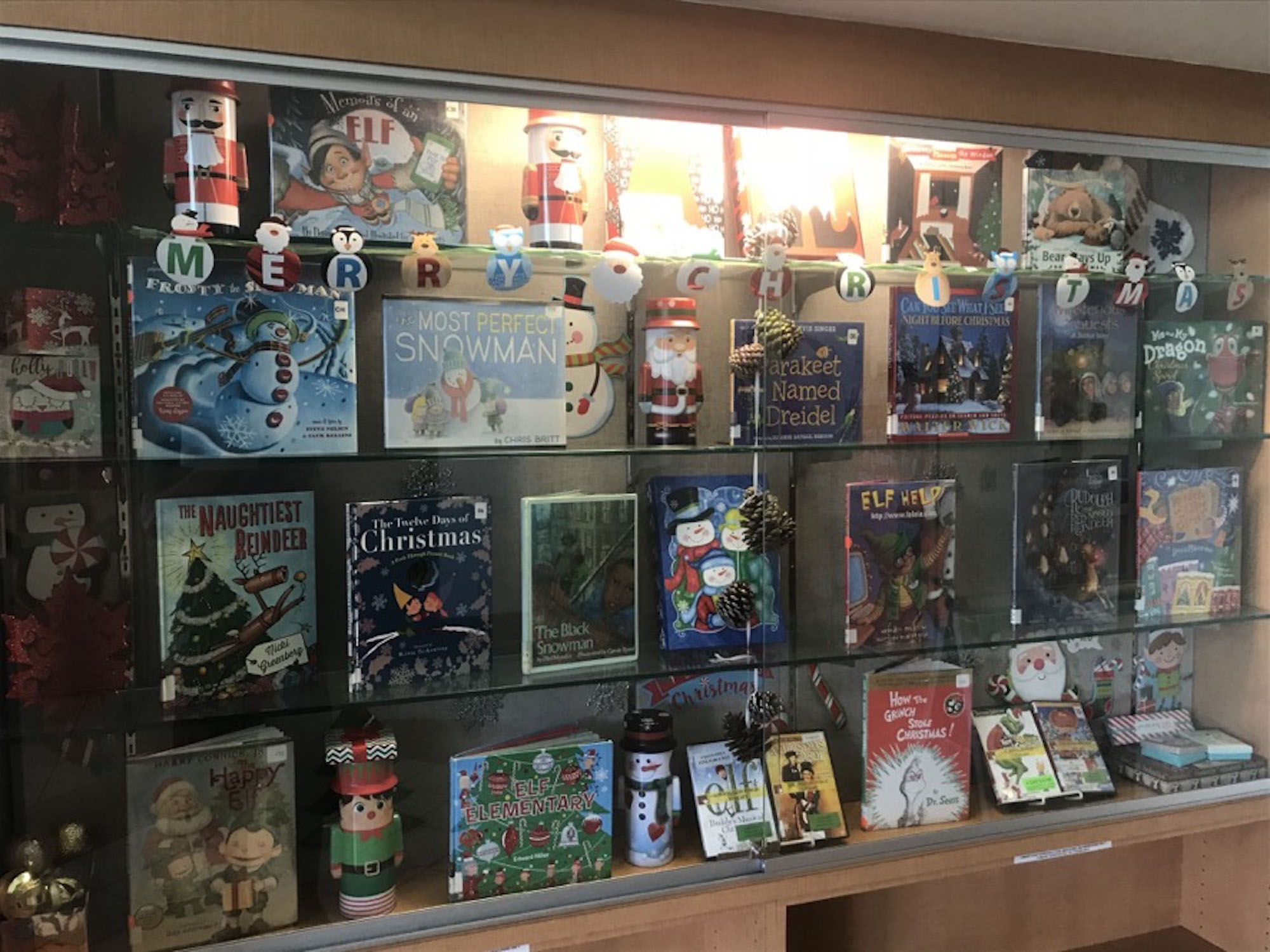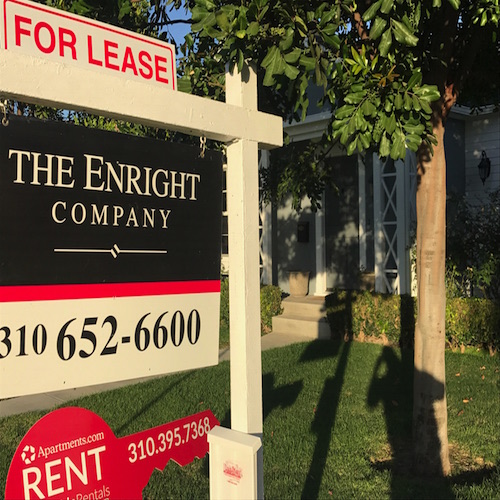
Book-loving librarian has faith in community
Eugene Owens explains.
On the boundary of Leimert Park and Exposition Park on 3900 South Western Avenue, a homeless man pushing a shopping cart stops in his tracks and enters the Dr. Mary McLeod Bethune Regional Library. Inside the library is fresh water from fountains, one of the many positives the library offers for those in its surrounding communities.
“The people who do want to work here are coming at it from a social justice viewpoint,” reference librarian Eugene Owens said.
Owens majored in English as an undergraduate before he decided that he wanted to go to Simmons College in Boston to become a librarian. After all, he had been fond of books and their content from an early age.
“I was kinda poor growing up, so I remember there were times when we didn’t have a lot of the entertainment options, so the library was a place I could get as much entertainment as I wanted,” Owens said.
Owens recalled reading various genres of stories when he was a child. The story of Bigfoot scared him at night because he was living in the woods, but he was a huge James Bond fan. Owens said his parents never pushed him to read, but he really took to it. And he thinks kids these days can understand this perspective.
“This book can be your best friend,” Owens said. “And (the library) is somewhere you go when nobody else likes you, (or) nobody’s returning your texts. You don’t have to pay for the data plan…You can go wherever you want in a book, any time or any place.”
Owens remarked that he was assigned to this specific library and has come to appreciate the community for several years.
“There’s a lot more than that,” Owens said, talking about stereotypes of the area. “There’s a lot of people down here really trying to improve their lives and be good citizens, a lot of heart down here, a lot of people trying to get through and raise their children right.”
While the library holds many events for children and young adults in the Leimert Park area, one of the Los Angeles Public Library’s missions is to make sure adults are properly educated.
“There are many adults in this city who can barely read a prescription bottle,” Owens said.
That’s where Kelly Tyler, a senior librarian, comes in. She has helped run the library's many adult literacy services, which allows people to receive free 1-on-1 tutoring twice a week for 60 to 90 minutes per session.
“People want to learn how to read for their children, so they can help them with their homework,” Owens said.
Charter school teacher admits challenges working for improvement
Public Policy Charter School’s Richard Burris, who has 18 years of teaching experience, has spent 3 years at his current school in Leimert Park. He believes that traditional education needs to break out of its rigid formality.
“I think the biggest mistake that we make is (that) education is still viewed as a teacher should be completely in charge, everyone should be in rows,” he said.
Burris wants his students to be “up and out of their seats” and working collaboratively. By spearheading 15 minute “mini lessons,” he gives context to brass-tacks learning. If he’s discussing fractions, for example, he’ll provide real-life situations where it pays to understand that sort of math.
The educational dream of Burris would revolve around having his students in boarding school during the week. The frustrating reality for him, though, is the external environment his students have to face.
“In the morning when I get here at six o’clock, the very first thing I have to do is pick up any used condoms, any heroin needles, any feces, all in front of the school,” he said. “This is what we’re dealing with in the inner city.”
In his classroom he notes there are 8th graders who are working in 2nd and 3rd grade math books. The school offers after-school programming until 6 p.m., but struggles continue to exist as some lower-end students are given too simple of a path that jeopardizes the value of school.
“The education systems promotes them,” he said. “So by eighth grade, they don’t know anything. And that’s our fault…LAUSD (Los Angeles Unified School District) is failing these kids.”
Crenshaw Arts/Tech Charter High School is within the LAUSD district and is the main HS in Leimert Park. According to their website, CATCH graduates almost its entire senior class, and statistics back that claim up, with a 97 percent four-year graduation rate ranking significantly above the state average of 82 percent.
But Burris understandably pointed out these numbers can be exaggerated, as the near-failing students don’t have as much knowledge as assumed.
*Note on map: The average math proficiency of kids in California schools is 38 percent, while the average English proficiency is 49 percent. Statistics were gathered via Greatschools.org and Niche.com.
“There are some schools that promote having a 100 percent graduation rate,” he said. “But what are they doing after high school? More than half of them are not ready for college.”
Ninety-five percent of CATCH graduates meet UC entrance requirements, far above the state average of 43 percent. While the school’s average SAT score range, 880-1118, and overall math proficiency, 10 percent, fall well below state averages, its 25-54 percent reading proficiency range is closer to average.
A representative from CATCH declined an interview request for their principal, Dr. Pierre Codio.


